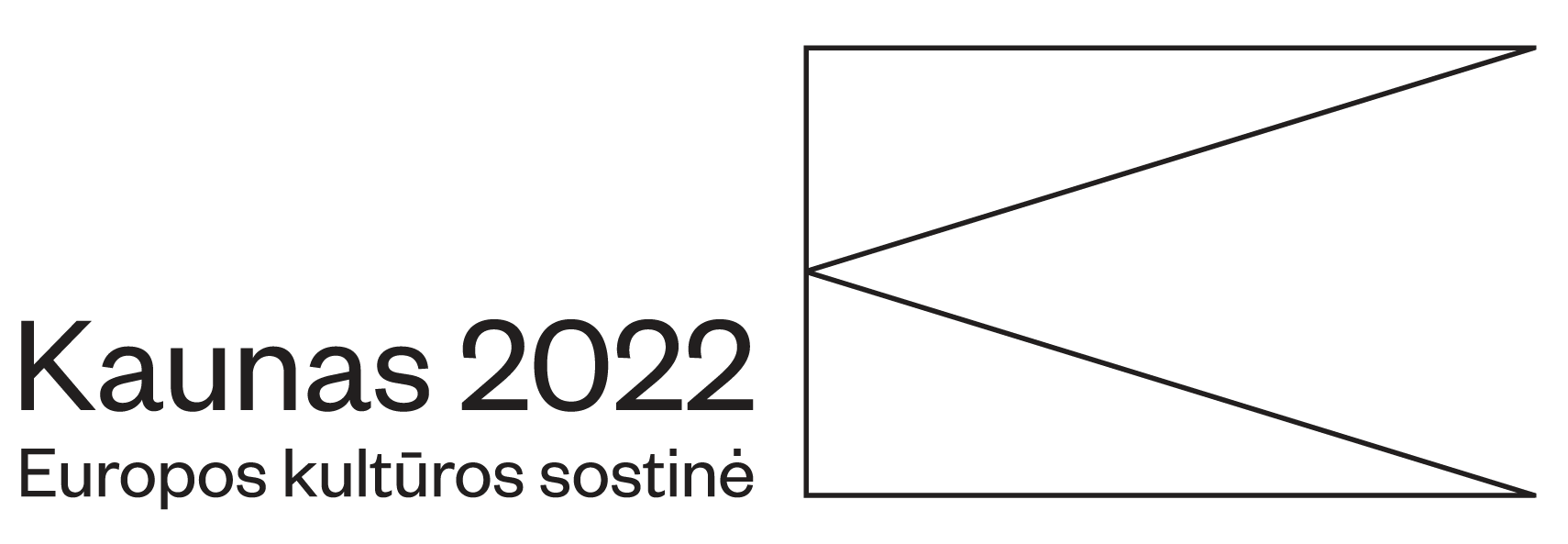
Rita Valiukonytė is the Cultural Attache of the Republic of Lithuania to Germany, who has been promoting Lithuanian culture abroad for a long time. A conversation about the challenges and aims of the work, the societal benefits of culture and the instruments to measure it.
Could you present yourself in short and tell us about your connection to Kaunas?
I was born and grew up in Lekėčiai. Kaunas is the city of my youth and study years. When I was a little girl I used to come here with my mother, and later I studied at Vytautas Magnus University. Working as a cultural attache in Austria, Croatia, and the UK, I kept a connection to Kaunas through the collaboration with its most active cultural organisations and artists.
In one of your interviews, you said that the work of a cultural attache is the export of culture. Tell us more about your work.
A cultural attache presents Lithuania and Lithuanian culture in foreign countries. It is a very versatile work that involves the initiation of projects, mediation between cultural institutions, administrative tasks, the organisation of official visits. We are like agents who are looking for friends in other countries and trying to convince them that our culture is worthy of their attention. Strong cultural partners who would be interested in presenting Lithuanian artists are the most difficult to find.
You have contributed to the arrival of Lewis Biggs to Kaunas who is one of the artistic directors of “Kaunas: European Capital of Culture 2022“ programme. How did you meet L. Biggs?
The good side of this job is taking interest in the culture of a country where you happen to represent Lithuania, travelling, and attending various events. Visiting the Folkestone triennial, we have met its director L. Biggs, who introduced the exhibition. In the UK art scene, he is a well-known art curator, therefore, in collaboration with the Lithuanian Culture Institute, we have invited him to Lithuania to meet Lithuanian artists. He was highly impressed with how open the local people are, and he considers Kaunas to be one of his best experiences.
You have a vast experience as a cultural attache to various European countries. How is Kaunas similar to other international cities, and where does it need an improvement?
Kaunas is a busy, youthful, university city. However, city’s airport could have more international flights. I wish that Kaunas shaped its legend that every guest who came here would have heard about. It would be great if empty, abandoned state or municipality buildings were given to the artists. They would turn these spaces into centres of culture and attraction. The idea of Fluxus originator Jurgis Mačiūnas’ cooperatives is excellent. For a minimal fee, the artists could rent the accommodation to live and create. Movements and initiatives of this sort would attract both artists and creative communities.
You are an ambassador of “Kaunas: European Capital of Culture 2022“. In what ways this project could enliven initiative and communality, contribute to bringing back home the enlightened people?
Many want to return to Lithuania, however, their benevolent and creative ideas often are suppressed. In some aspects, Kaunas lacks hospitality and communality. Nothing will change until our stairways are uncared-for, and golden chandeliers illuminate our rooms. I think that enlightened people who live abroad can contribute to Kaunas development not only by physically returning but also virtually through knowledge and experience. I’d like to believe that “Kaunas 2022” will use their potential properly.
The evaluation of cultural benefit nowadays is based on the number of people who have attended an event or the quantity of the tickets that have been sold. What does culture give to a person, the city? Are numbers the only means to measure the culture or do you see a different purpose of culture?
The culture is our life. I cannot imagine how one could be separate from another. Culture is all around us: architecture, food, communication, work, relationships, sports, etc. When presenting Lithuanian artists abroad, we measure our success based on the number of spectators, however, we can’t measure their emotions. The city changes during a festival or event, festivity raises our spirits. Perhaps we should see culture as a creative way for a community to be together.
People sometimes say that culture is too expensive and have doubts about the expediency of “European Capital of Culture” project because it will require additional expenses on the city part. Do you think projects of this kind are worthy of it, and whether the expenses have any significance to the well-being of the people and city?
When organising the Olympics, the British had the same discussion. The expenses were large, however, they noticed that kids began to exercise more, it increased the popularity of volunteer programmes. I think, once Kaunas becomes European Capital of Culture, benefits will come. The city will have a different image and atmosphere, better infrastructure, its reputation will grow, some of the “Kaunas 2022” initiatives will become long-term cultural traditions of the city. The projects of this kind bring the communities together and inspire city residents.
What would you wish for Kaunas and its residents?
“Kaunas: European Capital of Culture 2022” has a perfectly developed programme. I wish for Kaunas to win the competition and implement the programme even if another city wins. I’d like the Neighbours’ Day to emerge when people meet each other to have tea and pie afternoon. It’s people who make the city, therefore, we have to take care of each other. It would be great if the Neighbours’ Day appeared when people meet each other in a yard to have a cup of tea or some pie. I wish that Kaunas implemented the vision of its citizen J. Mačiūnas and turned the city into a new attraction centre for artists.
Video: Marius Paplauskas

